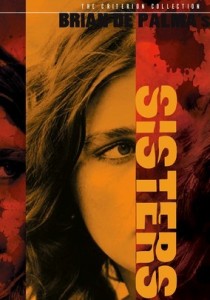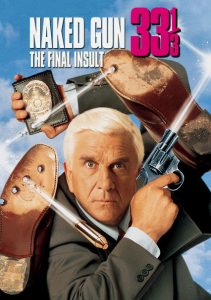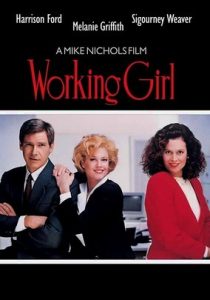Sisters-1973
Director Brian De Palma
Starring Margot Kidder, Jennifer Salt
Top 250 Films #119
Top 40 Horror Films #22
Scott’s Review #178
Reviewed September 29, 2014
Grade: A-
Directed by stylistic film genius Brian De Palma, Sisters (1973) is an early entry in the famed director’s repertoire and a direct homage to the classic films of Alfred Hitchcock.
The film stars Margot Kidder as a French-Canadian model named Danielle Breton, who shares an apartment a Staten Island, NY, with her demented twin sister, Dominique. For many years, Danielle and Dominique were conjoined twins and were only recently surgically separated.
After a romantic date with a new acquaintance, Danielle begins to feel ill and Dominique murders the new boyfriend after he surprises, who he thinks is Danielle, with a birthday cake.
But is it Dominique or is it Danielle?
Meanwhile, a neighbor, Grace Collier, played by Jennifer Salt, witnesses the murder from across the alley. In a theatrical scene in which the victim attempts to scrawl “help” on the window, Grace calls the police.
The authorities are skeptical and unsympathetic to Grace’s claims, as she works as a newspaper reporter and frequently challenges the police department in her articles.
Finally, when the police search Danielle’s apartment, no dead body is found. This sets off the plot for the remainder of the film as Grace looks for the missing body on her own (in Nancy Drew’s style) with the help of a detective she hires, Joseph Larch, comically played by Charles Durning.
One point to mention about Sisters is that the film serves as a blueprint for De Palma’s future movies, but that does not mean it is not engaging on its own merits; it pales in comparison to other De Palma gems that followed, such as Carrie (1976) and Dressed to Kill (1980), my two faves.
It feels raw and slightly underdeveloped compared to those films mentioned above.
Danielle’s ex-husband and doctor, Eli, while creepy and sinister, is not fully explored, and his relation to the events taking place is a bit vague throughout much of the film.
Techniques such as the split-screen, which often show simultaneous action relating to each other, are introduced in this film and are a marvel to watch, as much of the plot is revealed in these sequences.
The activity in Grace’s apartment contrasts with and interchanges perfectly with the action in Danielle’s apartment, making for highly effective and suspenseful scenes.
DePalma uses many Hitchcock influences, but in no way steals them- the idea of a set of conjoined twins with mental illness was taken from a real-life story of Soviet twins.
Viewers familiar with Psycho will smile during the murder scene as influences are apparent- Rear Window is certainly referenced as countless scenes of the camera looking into Danielle’s or Grace’s apartment, or the camera looking out onto a street scene, or someone with binoculars spying out of their apartment and into someone else’s apartment across the street- very visually oriented.
The Hitchcock similarities continue with the musical score, composed by Bernard Hermann, a frequent collaborator on Hitchcock’s films—think Vertigo.
After all of the psychological build-up throughout the first hour of the film, the final thirty minutes or so, taking place within the confines of a mental asylum, is confusing and unrealistic, as various flashbacks and dream sequences are used, even using one character taking the place of another in a dream- edgy and unique, but tough to follow and organize properly.
Grace is assumed to be a newly admitted mental patient, which seems far-fetched. What exactly transpired between Danielle and Dominique present and/or in the past?
Even though events are explained, I found myself scratching my head a bit after the film.
For fans of Brian De Palma films, Sisters (1973) is a perfect movie experience that showcases the influence to come, and it’s not a bad film on its own, either.


